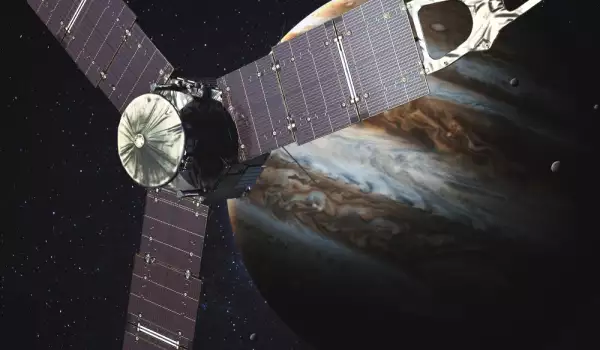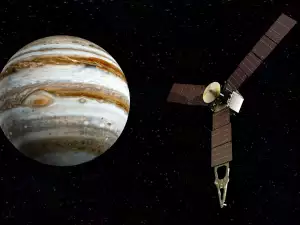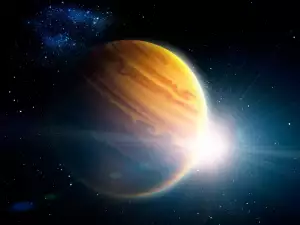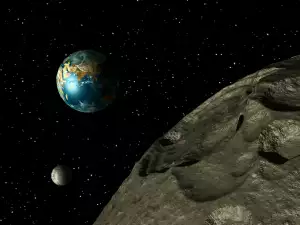The Juno spacecraft continues to reveal new surprises about Jupiter. It's been in orbit around the planet for more than half a year now and has been providing a plethora of information about it.
The first discoveries that the spacecraft made were presented at the annual European Geosciences Union conference.
Juno's predecessor, the Galileo spacecraft, had sent information about Jupiter, showing that the planet was composed of homogeneous layers of solid metal hydrogen. Today, Juno is sending back new data, which are questioning these conclusions.
The inner layers of Jupiter are not evenly homogeneous - as revealed by current data. The magnetic field appears to be much stronger than the scientists had ever imagined.
We had already known that Jupiter's magnetic field was massive, with it being 10-20 times stronger than Earth's magnetic field. It spans out nearly 3.9 million mi (6.4 million km) in all directions. Current measurements indicate that it is 30-40 times stronger than Earth's magnetic field, which is several times greater than what previous data had predicted.
On top of it all, the strength of Jupiter's magnetic field varies in different areas of the planet, which is highly unusual and very fascinating. Further, unlike Earth's magnetic field, Jupiter's is generated closer to the surface of the planet and not deep in its core.
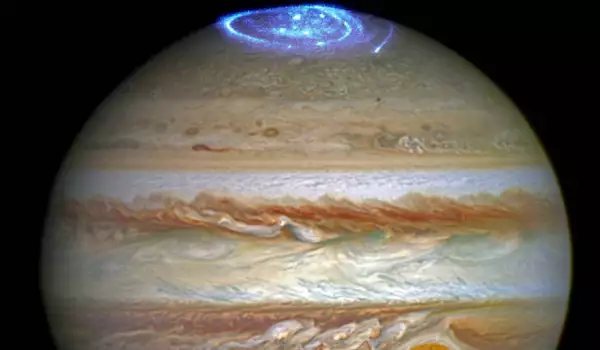
The new data arrived after just 5 orbits that Juno completed around Jupiter. Another 8 orbits are planned, the last of which is supposed to take place in July 2018. Depending on the mission's success, Juno may be scheduled to complete more orbits.
The spacecraft's objective is to discover the exact amount of water on the largest planet in the Solar System. This information will shed further light on the formation of our planetary system, as well as on our own planet Earth. Juno is expected to operate longer than the initial planned duration.
